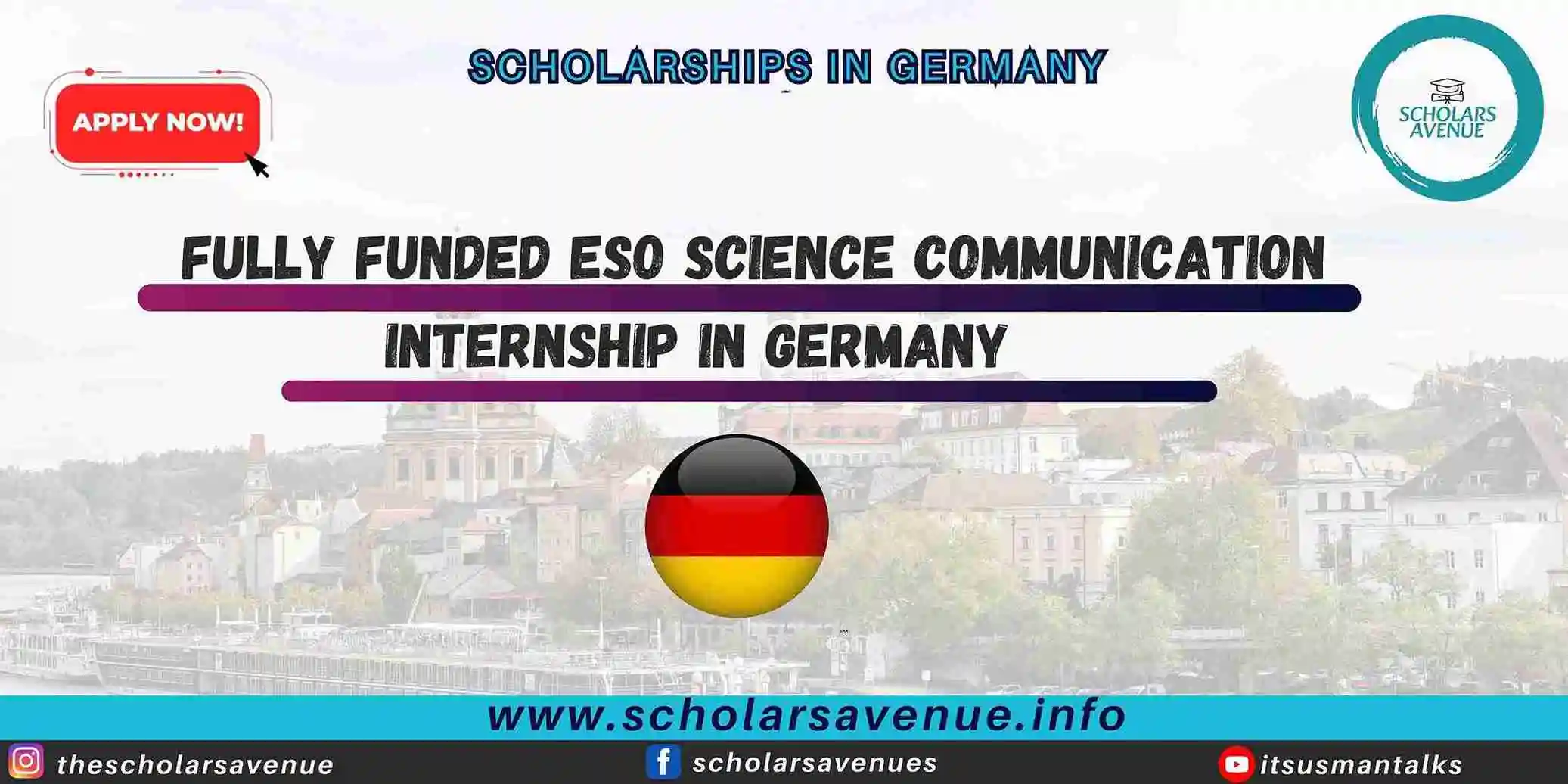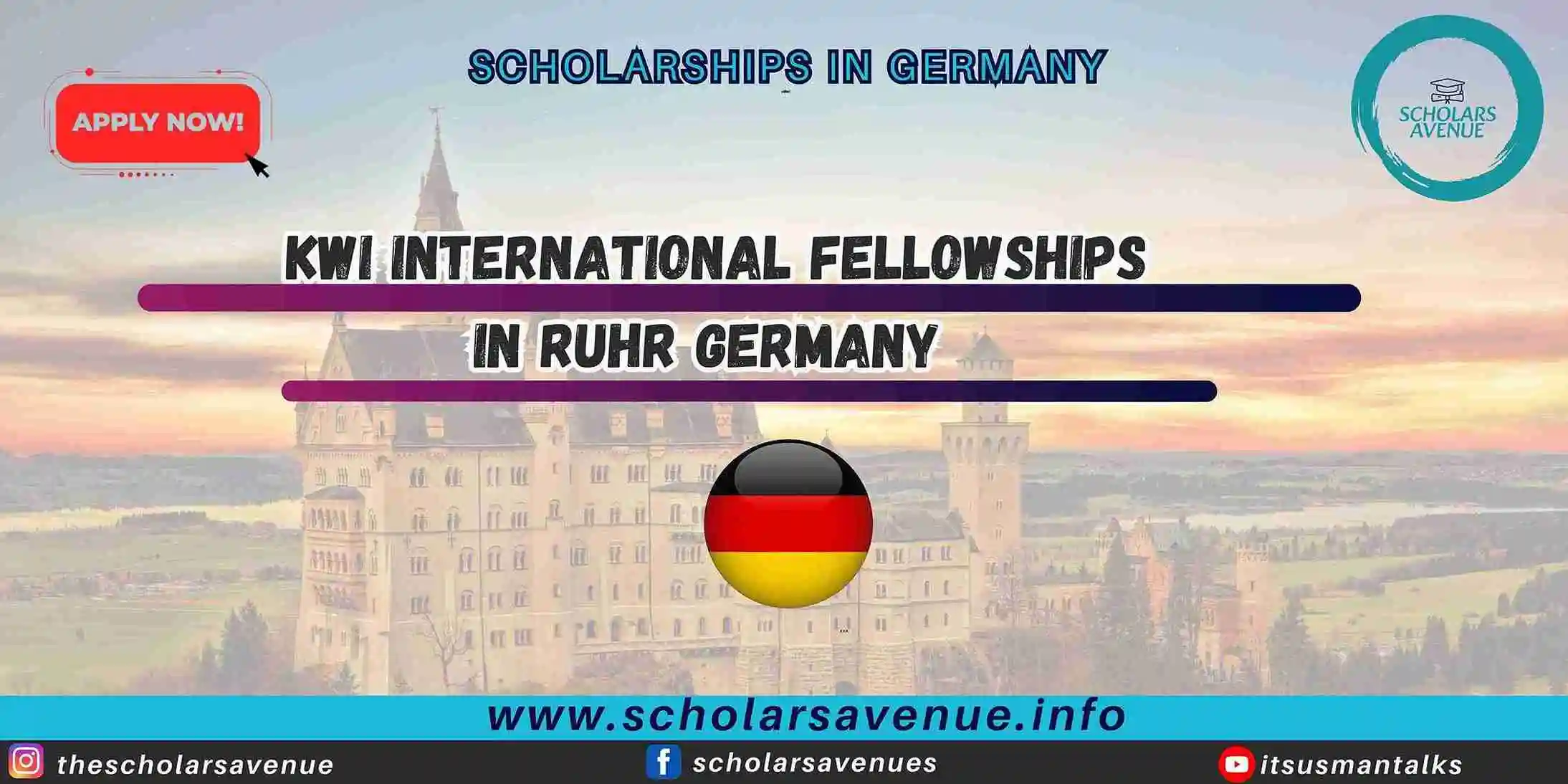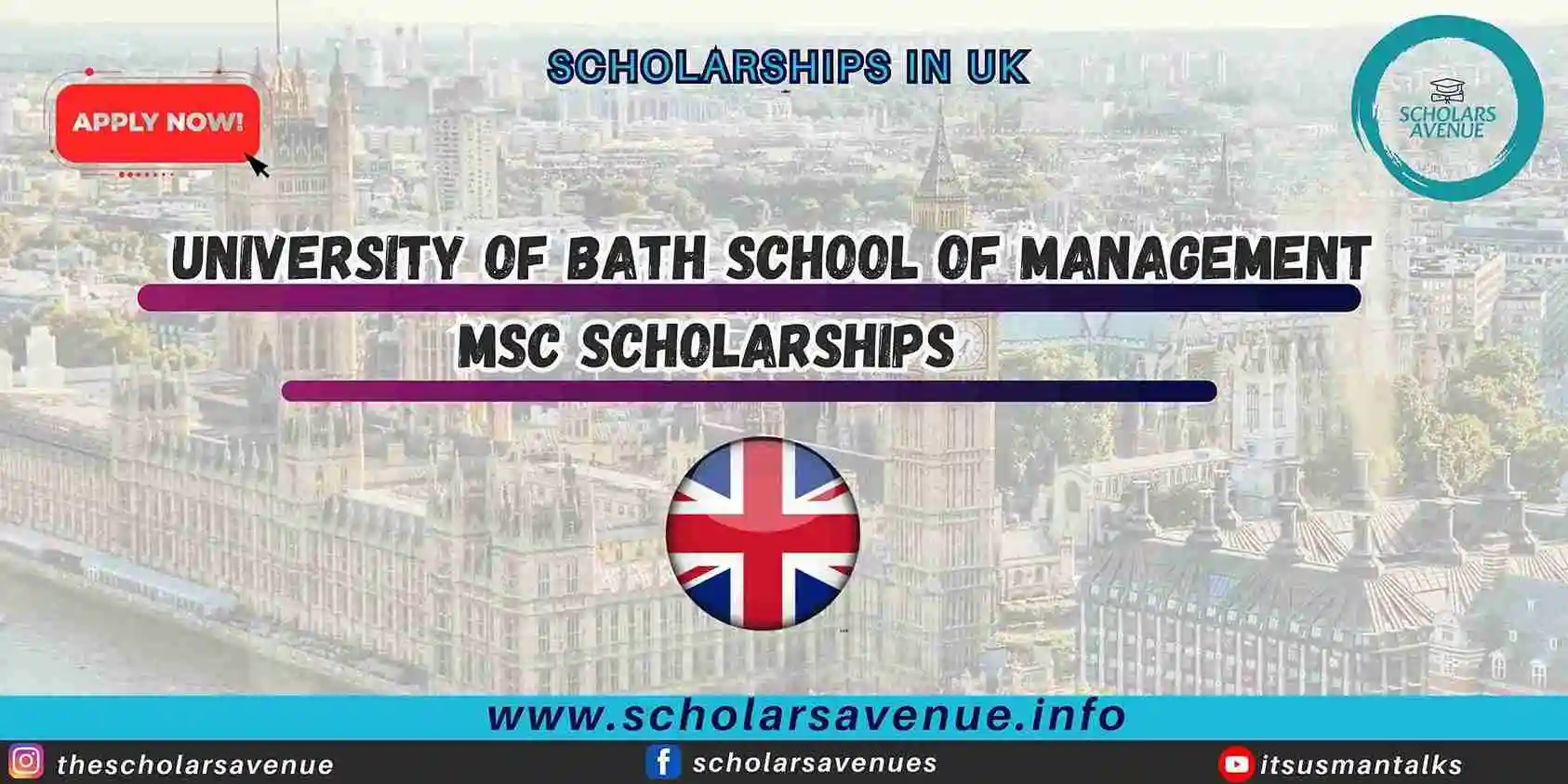Study in Malta is a dream opportunity for many students seeking a high-quality education and international exposure. Among the many developing but underappreciated locations, Malta, a little island country in the middle of the Mediterranean stands out for its special mix of cultural richness and academic chance. Malta, famed for its English-speaking population, historic charm, and expanding institutions, presents a perfect setting for foreign students. If you’re planning to study in Malta in 2025, understanding the application process, available scholarships, and lifestyle expectations is key to making a well-informed decision.
Malta has been gaining popularity for its welcoming environment and affordable living. gaining popularity for its welcoming environment and affordable living. The country’s education system is based on the British model and offers a wide variety of programs in English, attracting international students from across the globe. Whether you’re looking to pursue undergraduate, postgraduate, or vocational education, study in Malta provides a culturally enriching experience with European standards of academics.
Also check, Germany’s New Immigration Rules: What They Mean for International Graduates
Why Study in Malta?
Being members of the European Union, graduates of Maltese universities typically have employment prospects all throughout Europe. Malta also has universities including the University of Malta, Malta College of Arts, Science and Technology (MCAST), and Global College Malta, therefore enriching the academic landscape with a variety of courses.
- English is an official language
- High-quality education system
- Safe and peaceful environment
- EU-recognized degrees
- Affordable tuition and living costs
- A vibrant student community
- Mediterranean climate and lifestyle
Scholarships in Malta for International Students
Pursuing higher education can be expensive, but Malta offers several scholarship options for international students, helping ease the financial burden.
1. Government of Malta Scholarships
- Malta Arts Scholarships: For students in performing arts, visual arts, and design.
- TESS Scholarships (Tertiary Education Scholarships Scheme): For postgraduate studies in priority fields.
- Reach High Scholarships: Offered to students pursuing research-based PhDs.
2. Erasmus+ Scholarships
Malta actively participates in the Erasmus+ program, allowing students to study or intern in other EU countries as part of their academic curriculum.
3. University-Specific Scholarships
Many Maltese institutions offer internal scholarships:
- University of Malta Scholarships: For academically outstanding students.
- Global College Malta Scholarships: Merit-based and need-based options.
4. Commonwealth Scholarships
These are available to students from Commonwealth nations, including Pakistan, India, Bangladesh, and African countries, to study in Malta.
How to Apply for a Malta Student Visa
To study in Malta, non-EU students need a national visa (Type D) for programs longer than 90 days. Here’s a step-by-step guide:
- Secure Admission: Get an acceptance letter from a recognized Maltese institution.
- Fill Application Form: Download and complete the visa application form from the Maltese embassy website.
- Gather Documents: Valid passport, Admission letter, Proof of accommodation, Proof of sufficient financial means, Travel insurance, Passport-sized photographs, Visa application fee receipt
- Book an Appointment: At the nearest Maltese embassy or consulate.
- Attend the Interview: Submit biometrics and documents.
Also check, UK’s New Immigration Rules: What They Mean for International Graduates
Cost of Living in Malta for Students
Living in Malta is relatively affordable compared to other European countries. However, costs may vary based on your lifestyle and location (Valletta vs. smaller towns).
Monthly Average Expenses:
- Accommodation: €300–€600 (shared apartment)
- Utilities: €60–€100
- Food and Groceries: €150–€250
- Transport: €26 (monthly student bus pass)
- Internet and Phone: €25–€40
- Miscellaneous: €50–€100
Tuition Fees in Malta
Tuition fees depend on the institution and program level. Generally:
- Undergraduate programs: €7,000–€12,000 per year
- Postgraduate programs: €8,000–€15,000 per year
- Vocational courses: €3,000–€6,000 per year
Working While Studying in Malta
International students are allowed to work up to 20 hours per week during term and full-time during holidays. To do so, students must:
- Hold a valid student visa
- Get a work permit (facilitated by Jobsplus Malta)
- Ensure academic performance is not affected
Part-time work opportunities
- Retail and hospitality
- Admin and customer service roles
- Freelance work (e.g., writing, design)
Top Universities in Malta
1. University of Malta
- Oldest and largest university
- Offers undergraduate, postgraduate, and PhD programs
- Strong in humanities, science, technology, and medicine
2. Global College Malta
- Offers business and management degrees
- Internationally focused curriculum
3. Malta College of Arts, Science and Technology (MCAST)
- Industry-relevant training
- Best for vocational education
4. American University of Malta (AUM)
- US-style academic structure
- Liberal arts education
Life in Malta as a Student
Malta offers a relaxed Mediterranean lifestyle. The country is known for:
- Historical sites and architecture
- Beaches and outdoor life
- Festivals and events year-round
- Safe and welcoming community
Student Life Highlights:
- Affordable intercity travel
- Discount cards for students
- Active university clubs and societies
- Easy travel to other European countries
Also check, UK vs Germany for Postgrad: Which Is Really Better for 2025?
Choosing to study in Malta in 2025 can be a life-changing decision for students seeking quality education, European exposure, and a peaceful environment. With its affordable costs, English-speaking population, and increasing availability of scholarships, Malta has positioned itself as a compelling destination for higher education. Whether you’re applying for undergraduate studies, a Master’s program, or a PhD, Malta offers a holistic, academically rich experience. From navigating visa procedures to budgeting your cost of living, this guide equips you with everything you need to know about study in Malta.
Looking to maximize your chances of acceptance?
Consider using our Professional Services to polish your application and stand out from the crowd.
For detailed videos on relevant opportunities check out:
Frequently Asked Questions (FAQs)
Is Malta a good option for international students?
Yes, Malta offers EU-recognized degrees, affordable living, and programs in English making it ideal for international students.
What are the English language requirements to study in Malta?
Most universities require IELTS (6.0–6.5) or TOEFL scores. Some may waive it if previous education was in English.
How long does the student visa take?
Visa processing takes about 4–6 weeks, depending on your country of application.
Do I need a visa to study in Malta if I’m from the EU?
No. EU students do not need a visa to study in Malta but must register for a residence permit.
Is Malta safe for international students?
Yes, Malta is considered one of the safest countries in Europe with a welcoming atmosphere for students.
Is it hard to find part-time jobs in Malta?
Not really. Students often find jobs in hospitality, retail, and customer service roles.
What are the intakes for Maltese universities?
Most universities have two intakes: October (main) and February (secondary).
Are there any age restrictions for applying to study in Malta?
Most programs don’t have strict age limits, but some postgraduate scholarships may have an age cap (e.g., under 40).
Do universities in Malta offer online or hybrid courses?
Some do offer online or blended learning programs, especially for postgraduates.










